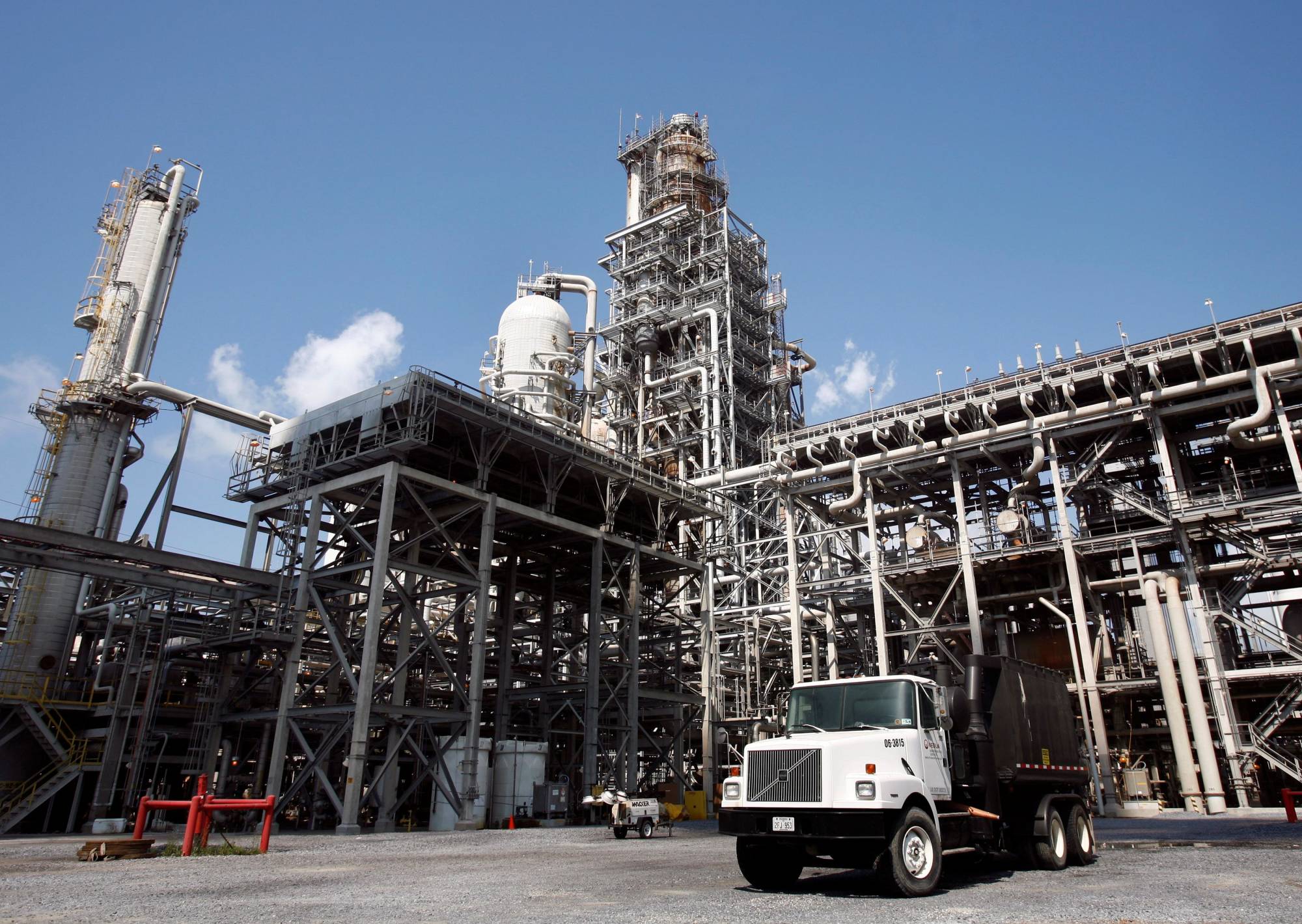The rich topsoil of Lowndes County, Alabama, was an asset in the country’s earliest decades, particularly to White landowners. Slave labor cultivated cash crops and built fortunes. An entire swath of the Southeast became known as the Black Belt for the land’s fertile hue.
Today that soil is an environmental liability, and one borne by the area’s disproportionately poor and mostly Black residents. The earth is too dense and moist for conventional septic tanks. Specialized treatment systems necessary for proper sanitation are expensive. Raw sewage pools in people’s yards and seeps into gardens.
For Perman Hardy, problems caused by the soil have been the focus of a decadeslong push for better wastewater management in Lowndes County. Local officials told her again and again that the available solutions were too expensive. She was already well into organizing for the 2020 election, knocking on doors and pressing people to register to vote, when Joe Biden’s presidential campaign released a plan in July calling for $2.2 trillion in spending to mitigate climate change, 40% of which would go to communities on the front lines of climate change. That kind of money would go a long way in a place like Lowndes County.



















With your current subscription plan you can comment on stories. However, before writing your first comment, please create a display name in the Profile section of your subscriber account page.